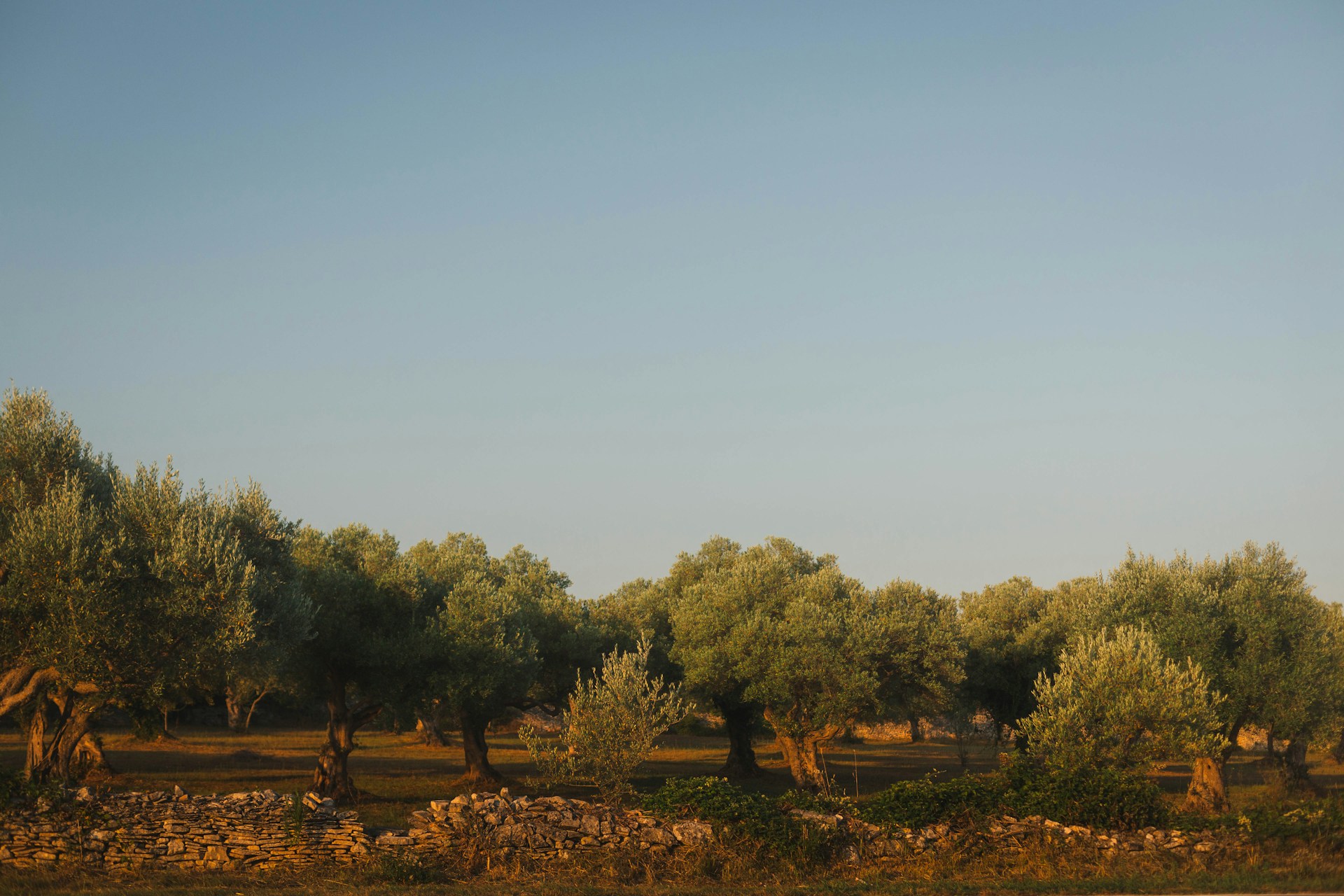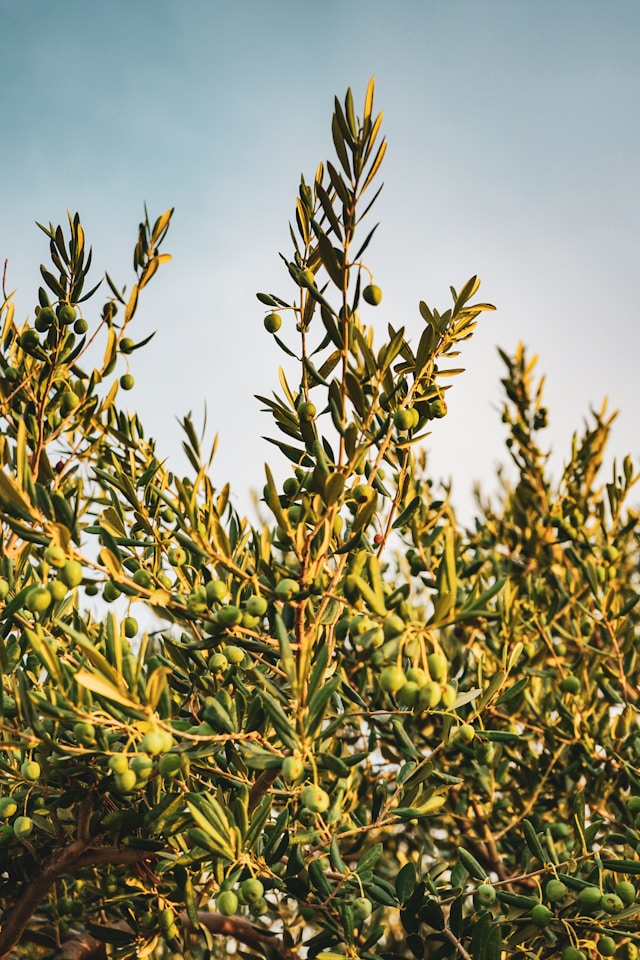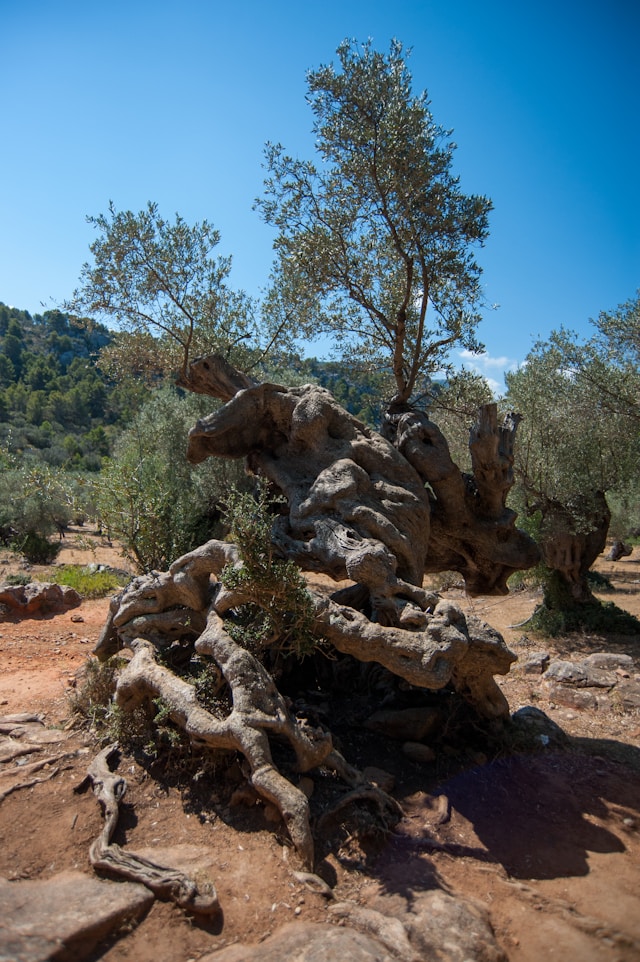Address
Sakiet Ezzit 3021, Sfax, Tunisia
Work Hours
Monday to Friday: 8AM -5PM
Address
Sakiet Ezzit 3021, Sfax, Tunisia
Work Hours
Monday to Friday: 8AM -5PM

Olive wood sourcing in Tunisia begins amidst the lush and serene olive groves, where a rich tradition of olive cultivation has flourished for centuries. Tunisia, known as the “land of the olive tree,” is one of the largest olive-growing countries in the southern Mediterranean, with over 30% of its agricultural land—spanning 1.68 million hectares—dedicated to olive cultivation. It is in these rolling hills and endless groves that our prized Tunisian olive wood originates, embodying not only beauty and sustainability but also a deep cultural significance.
In this article, we delve into the history, legislative efforts, and stringent regulations Tunisia has put in place to protect its olive trees and preserve the value of olive wood products. From the breathtaking landscapes to the craftsmanship of skilled olive wood suppliers, discover why olive wood sourcing in Tunisia goes far beyond aesthetics, blending sustainability, tradition, and unparalleled quality.
In Tunisia, the olive tree is more than just a crop; it is a sacred symbol of peace, prosperity, and fertility, deeply rooted in the country’s history and identity. This reverence dates back to ancient times when the olive branch was widely recognized as a symbol of peace. Today, this symbolism remains woven into the fabric of Tunisian culture, reflected in art, music, and traditions.

The wood from these cherished trees carries both tangible and intangible value. Beyond its aesthetic appeal, Tunisian olive wood serves as a meaningful reminder of the country’s rich heritage and its enduring connection to nature and tradition. Olive wood sourcing from Tunisia is not just about the material itself, but about the preservation of centuries-old practices that reflect the region’s deep cultural roots. The intricate grain patterns, unique textures, and vibrant colors of Tunisian olive wood are a direct result of the careful, sustainable harvesting methods used by olive wood suppliers.
These trees, nurtured over generations, represent a living legacy, and the olive wood products created from them carry the essence of Tunisia’s history, craftsmanship, and respect for the environment. By choosing olive wood sourcing from Tunisia, you are not just acquiring a beautiful, durable product—you are investing in a piece of cultural history that honors the timeless connection between the people of Tunisia and their land.
The olive wood industry is a cornerstone of Tunisia’s economy. With over 30% of the country’s agricultural land devoted to olive cultivation, the sector provides livelihoods for hundreds of thousands of farmers and workers. This thriving industry not only supports local communities but also showcases Tunisia’s expertise in crafting olive wood products that are admired worldwide.
From elegant kitchen utensils and artisanal tableware to finely crafted furniture and home décor, Tunisian olive wood demonstrates unparalleled versatility and value. Products made by skilled olive wood suppliers not only enhance everyday living but also reflect the region’s craftsmanship and dedication to sustainability.
Tunisia has long recognized the ecological and cultural importance of its olive groves. To ensure their preservation, the government enforces strict regulations governing olive wood sourcing. These laws prohibit illegal deforestation and ensure that only pruned branches or non-fruit-bearing trees are used for wood production.
By adhering to these eco-conscious practices, Tunisia maintains the health of its olive groves, safeguards biodiversity, and promotes a sustainable future. Choosing Tunisian olive wood products supports these efforts, allowing you to enjoy a beautiful material while contributing to environmental stewardship.
The art of crafting olive wood products in Tunisia has been perfected over generations. Skilled artisans transform raw olive wood into exquisite and durable objects, ranging from cutting boards and bowls to intricate decorative pieces.
Each creation tells a story—of the ancient olive trees that provided the wood, the care taken during olive wood sourcing, and the meticulous craftsmanship involved in every detail. These products are not just functional; they are expressions of Tunisian heritage, sustainability, and artistry.
In Tunisia, olive trees not only have deep historical roots but are also safeguarded by intelligent and forward-thinking legislation. Olive wood sourcing in Tunisia is governed by strict regulations that prioritize sustainability and conservation. The Tunisian government has recognized that the preservation of olive groves is not just an act of environmental protection but also a tribute to the country’s rich cultural identity.
Through these laws, Tunisia ensures that olive trees, which have been central to the country’s heritage for centuries, remain protected for future generations. By supporting olive wood sourcing from Tunisia, you are contributing to a system that not only protects the environment but also sustains the traditions and cultural significance tied to these iconic trees. The careful management of Tunisian olive wood resources ensures that each product, crafted from these revered trees, carries with it the legacy of both environmental responsibility and cultural pride.
The laws protecting olive trees in Tunisia reflect the historical appreciation of this tree. By associating olive trees with peace, prosperity and fertility, these laws aim to preserve not only the trees themselves, but also their symbolic meaning.
The Tunisian government has enacted strict laws against illegal deforestation and destruction of olive trees. This not only ensures ecological stability, but also guarantees that olive wood is used sustainably and with consideration for long-term ecological consequences.
The implementation of these laws illustrates Tunisia’s commitment to the preservation of its cultural heritage. Olive wood sourcing reflects this dedication, as olive trees are not just a source of wood but a living heritage, sustaining traditions and lasting for generations.
Tunisia’s laws include strict regulations on the use of olive wood. Tunisian authorities intentionally set strict conditions for obtaining permits to cut down olive trees, with the preservation of olive tree heritage at the forefront.
Obtaining a permit to cut olive trees is a complex process that emphasizes respect for nature. In order to produce our high-quality products, our suppliers in Tunisia must follow the following steps:
Consultation with local authorities: Before starting to clear and use olive wood, our suppliers must consult the local authorities in the region where the olive trees are located.
Obtaining necessary permits: Depending on the local regulations, obtaining permits from the authorities is a must. Our producers must carefully follow the correct procedures to ensure compliance with regulations and fulfillment of all required fees.


Lingering between history, tradition and the green heart of Tunisia, we have contemplated olive wood in all its splendor. Steeped in the cultural depth and ecological awareness of Tunisia, olive wood presents itself as more than just a raw material – it is a living heritage that tells the story of the olive trees in every slice, in every grain.
Tunisia’s thriving industry, shaped by over 30% fertile agricultural land, not only contributes to the country’s economy, but also to maintaining a sustainable connection with the olive trees. From the hills of Tunisia to kitchens around the world, each piece of olive wood embodies not only craftsmanship but also a commitment to environmental protection.
Tunisia’s legislation, a bulwark against illegal deforestation and destruction, is a testament to the seriousness with which the country protects its olive wood. Every legally regulated cut, every authorized uprooting is not only an act in harmony with nature, but also a promise for future generations.
To read more about Mediterranean Olive wood- Click here